Keynote speakers
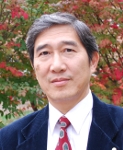 AMT 2013 Keynote Speaker:
AMT 2013 Keynote Speaker:
Carl K. Chang
Iowa State University, USA
http://www.cs.iastate.edu/~chang/
Situational Software Engineering
Abstract:
In this talk I will review and discuss past and present software engineering research and practices based on a “situational” perspective. Then, I will speculate on a possible roadmap that may lead software engineering as a discipline into a brave new world of computing. It is my intention through this talk to impress upon the audience the importance of the fast emerging situational computing as the new platform to advance software engineering. Computer systems must be able to adapt to the dynamic and changing environment in response to instant or delayed feedback from a service installation that nowadays is becoming more and more context aware. However, current context-aware service-centric models largely lack the capability to continuously explore human mental states that are hidden, yet often drive system evolution. This talk presents my current research in Situi. In this study, I give situation a definition that is rich in semantics and useful for modeling and reasoning about human intentions, whereas the definition of intention hinges upon reading a temporal sequence of situations to reach a goal. Based on this framework, instant definition of individualized service requirements at runtime may become possible, and it may significantly shorten the service evolution cycle. In the end, I will enumerate steep research challenges in order to accomplish what I envisioned.
Speaker Biography:
Carl K. Chang is Professor of the Department of Computer Science at Iowa State University. He received a PhD in computer science from Northwestern University in 1982, and worked for GTE Automatic Electric and Bell Laboratories before joining the University of Illinois at Chicago in 1984. He joined Iowa State University in 2002 as department chair of computer science. His research interests include requirements engineering, net-centric computing, situational software engineering and successful aging. Chang is 2004 President of IEEE Computer Society. Previously he served as the Editor-in-Chief for IEEE Software (1991-94). He received the Computer Society’s Meritorious Service Award, Outstanding Contribution Award, the Golden Core recognition, and the IEEE Third Millennium Medal. In 2006 he received the prestigious Marin Drinov Medal from the Bulgarian Academy of Sciences, and was recognized by IBM with the IBM Faculty Award in 2006, 2007 and 2009. From 2007-1010 he served the Editor-in-Chief of IEEE Computer, the flagship publication of IEEE Computer Society. He is the 2012 recipient of the Richard E. Merwin Medal from the IEEE Computer Society. Chang is an IEEE and AAAS Fellow, and member of the European Academy of Sciences.
Special AMT-BHI 2013 Joint Keynote:
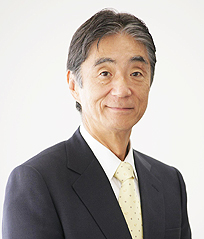
Professor Yuichiro Anzai
President, Japan Society for the Promotion of Science, Japan
Title: Human-Robot Interaction: Our Experience Since 1991
AMT 2013 Keynote Speakers: | ||
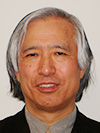 Yuzuru Tanaka Hokkaido University, Japan |
 Carl K. Chang Iowa State University, USA |
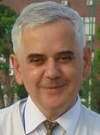 Andrzej Skowron Warsaw University, Poland |
BHI 2013 Keynote Speakers: | ||
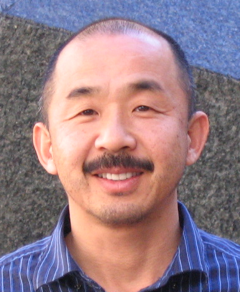 Shinsuke Shimojo California Institute of Technology, USA |
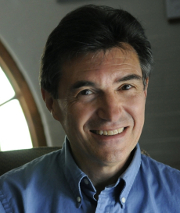 Marcel A. Just Carnegie Mellon University, USA |
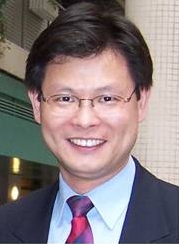 Jiming Liu Hong Kong Baptist University, HK SAR |